Rise Against managed to do the impossible. A quartet of California hardcore kids (including former members of punk band 88 Fingers Louie) got so big on Fat Wreck Chords that they incited a major label bidding war for their services. After signing to Geffen, they released their tightest, catchiest records to date and received complete creative control of their music. While bands like Thursday and H2O fought to break free of their major label chains, Rise Against embraced the machine and used the band’s success to promote their music and message. I spoke with founding member and bassist Joe Principe to find out what all the fuss is about.
This interview was originally published in Life In A Bungalo on August 14, 2007
What was it like recording with Bill Stephenson behind the boards?
Bill and Jason Livermore are like the fifth and sixth members of our band. They really get what we are doing. When we go into recording, we pretty much have most of the songs well though out, but they are good at putting the finishing touches on the songs and it just works out really well. Although Only Crime (Bill Stevenson’s other, other band) doesn’t sound like us, we draw a huge influence from his old bands — The Descendents and Black Flag. Bill sees that and gets what we are trying to go for.
Also, my bass playing — although it doesn’t sound like it — is very influenced by Karl Alvarez, the bass player of ALL. When I was growing up, I learned how to play by listening to Karl and Matt Freeman from Rancid. I kind of made my own style over time, but Karl is how I learned how to do different bass fills. I owe a lot to him.
Is it difficult to find meaningful lyrics for your catchy, fast-paced songs?
Tim keeps a journal of lyrics or whatever he is writing at the time. Sometimes he’ll just be writing short stories throughout the whole year. When we start writing music, he has it in his head that a certain song has this mood and flips through his notebook to find what lyrics would fit the mood of the song. That’s really up to him — none of us write lyrics. Its how we’ve always done it and it’s how it works out.
Do you ever build a song around a particularly good lyric?
He makes his lyrics fit the music. We always go in with music first and he adjusts around the song. He’ll take a topic that is going to fit the tone of the song, and he will make lyrics fit or will extend — or shorten lyrics — so they can fit better. We’ve never written a vocal melody first and then wrote the music around that.
Songs like “Drones” are simply music driven and sonically passionate…
I wrote the song “Drones.” When I write songs like that, I always have Tim’s vocals in mind. We can kind of tell what the other will do. That comes with playing with each other all these years. He knows what I’m going for when I’m writing a part, and it works out really well.
Tim has toned the screaming back a bit on the new record. Was that on purpose?
It’s more the melody aspect. It’s kind of like whatever is going to fit the tone of the song and with the record Sufferer, the batch of songs we came up with at the time lent themselves towards the melodic side of music. In the future, I’m sure we’ll still be screaming — I mean, we still love Minor Threat. Also, you can only go so far with screaming. We try to keep it interesting.
I was talking with the lead singer of Pennywise a few weeks back, in regards to his new book where he talks about the trials in tribulations of being on tour and having a family. How does touring affect your families? Especially since you’re getting big now in the middle of your career?
It’s tough, but it’s all we know, and it’s all that our families know. When I met my wife, I was already touring a lot. I don’t have any kids, but Tim and Brandon have daughters and I can see that it’s hard for them. At the same time, the more we tour, the better they are provided for. So it’s like the more we are gone, the better it is for them, but also the worst it is for them. It’s a catch 22.
Do you guys generally agree with your style of politics?
I think some of us are more politically active and some of us are more animal rights active, but we are always on the same page with any issue. I guess we really lucked out, because in a lot of bands there are so many disagreements internally, but we get along real well — especially on that level. When Tim writes lyrics, none of us are ever, “No way dude, that’s not going to work out.”
Are there any organizations that are particularly striking a nerve right now?
The thing that’s really been bugging me lately is the situation with Michael Vick, the NFL football player that was busted for allegedly holding dog fights on his property. Then there’s Live Earth — we were approached, but this tour was booked a long time ago. Something like that is a huge event, and it’s great for awareness, but I wonder how many of those concert goers changed because of the show or if they just went to see The Police play. People have to make the effort to make a change. It’s a good intention for sure, but sometimes those things fall on deaf ears. At least with us, on this tour, we recycle backstage and next year we are going to try to use bio-diesel for our bus.
You do have a pretty powerful light show. I was wondering if you were concerned about the amount of energy it was using?
We are going to do a new record in 2008 and tour in the fall, and when we go out we are really going to explore every avenue of every aspect of our show and see what we can do to cut back and save energy. Those lights definitely use a ton of energy.
What’s the tentative plan for Rise Against?
We would like to have a new record out next summer and do a headlining tour in the fall. Everything could change, but that’s the plan right now. Tim and I write individually while on tour and we will eventually show each other our ideas during soundcheck. All we need is a good two months to work out all the kinks, but we are always writing.
What’s the secret for success on a major label?
We are a rare exception to the rule — the label has no control over us. Geffen encourages us to grow and we can do whatever we want. It’s like being on Fat Wreck Chords but on a bigger level. I think because they don’t interfere, we are able to make these records. They allow us to progress, and we are extremely lucky in that sense.
Younger bands have to realize that going for the biggest deal with the biggest cash advance isn’t always the best idea. They have to go with the deal that offers the most creative control, which is what we did. In the end, that’s what’s going to give you a career in punk rock. That’s why bands like Bad Religion and Pennywise are still doing it, because they always had complete control. That’s better for any band.
Are you surprised by your success?
I think everything hits me three or four days after the fact. When we played that show in New York, it didn’t sink in that we sold out the Nokia Theater well in advance. I remember the East Coast, for the longest time, was the hardest part of the country for us to have fans. Now, all of a sudden, it just happened. It’s kind of like this whirlwind of shows. It’s just this Rise Against the machine—pun intended—that doesn’t stop.

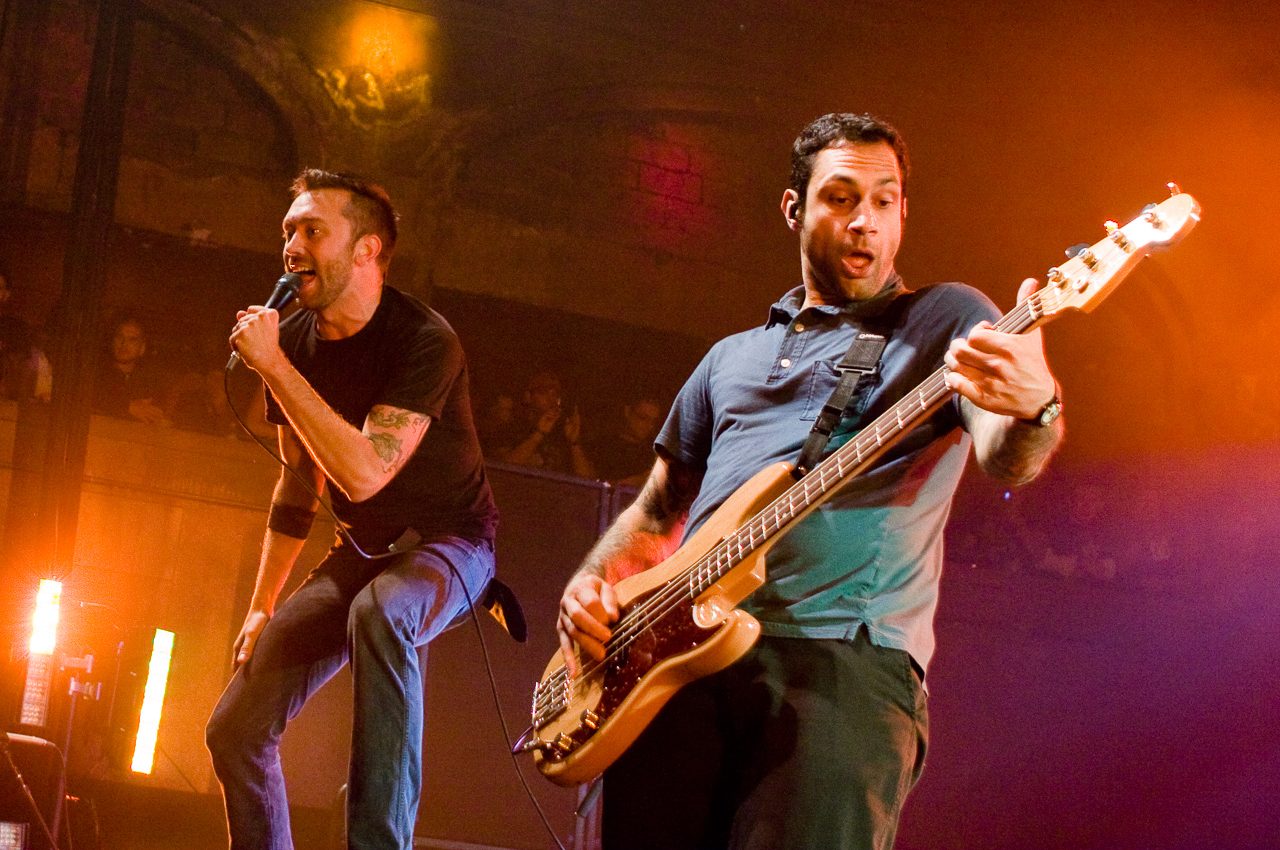
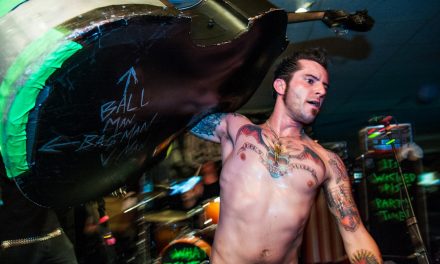
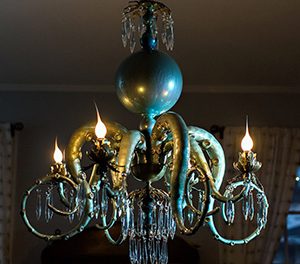
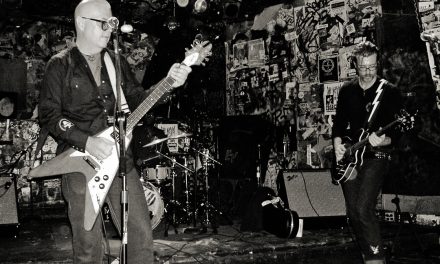
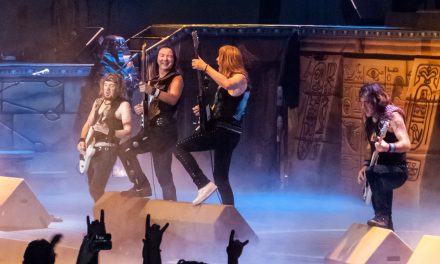
A quartet of California hardcore kids…
California? I’m pretty sure most of them are from Chicago